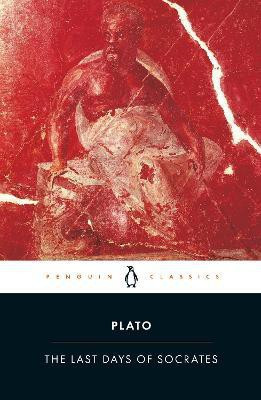The Last Days of Socrates(English, Paperback, Plato)
Quick Overview
Product Price Comparison
Plato presents four dialogues which tell the story of the trial and execution of one of the greatest philosophers to have ever been born in The Last Days of Socrates. Summary of the Book Comprising of the Euthyphro, the Apology, the Crito and the Phaedo, Plato charts out the events before and during SocratesŌĆÖ execution. He begins with the events which happen just prior to the trial, detailing how Euthyphro accused his father of murdering a servant. Following the altercation, Euthyphro and Socrates discuss the nature of holiness. In his signature style, Socrates uses questions to find gaps in EuthyphroŌĆÖs assertions. Then, Plato describes the trials of Socrates, where Socrates defended himself against the accusations of heresy and corruption of youth. Socrates rips out the debates of his accusers, logically proving that every man is responsible for his own actions. Yet, his arrogance and demeanour corner him and result in his conviction. Socrates chooses death by drinking hemlock. Later, Plato explains how Crito comes to help Socrates escape. Socrates refuses his help and argues with him, showing him that heŌĆÖs resigned to his fate. He tells Crito that if he were to escape, itŌĆÖd mean going against everything he has ever stood for, causing more harm to Athens than good. Finally, Plato charts out his own belief of immortality through Socrates. He explains his idea that Death is only another beginning for a man of wisdom, eliminating the distractions of the body entirely with its coming. About Plato Plato was a philosopher, mathematician and writer. He was one of the students of Socrates and the founder of the Academy at Athens. Along with Aristotle, Plato is one of the primary figures in the foundation of Western Philosophy and science. Some of PlatoŌĆÖs other works are The Republic, the Sophist, Statesman, the Dialogues and the Parmenides.


